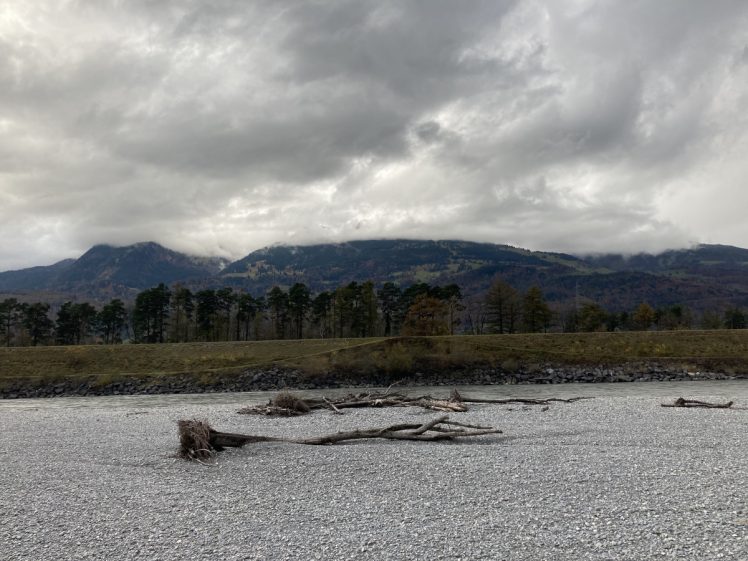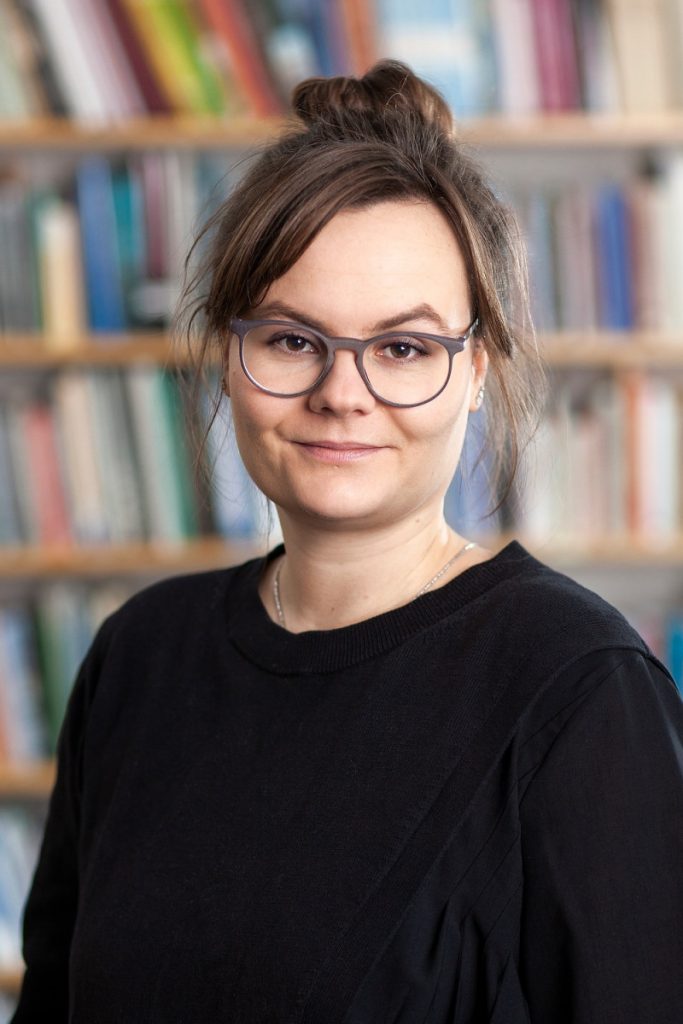There are a few significant stages in the life of a PhD candidate. The first one is the presentation of the pro memorandum, where the PhD student presents their plan for their thesis in front of the division. This is supposed to happen within the first year and is seen as a first step towards defending one’s one ideas and theories, but it is also important to take in criticism and suggestions by colleagues. The next step then happens after half of the PhD time is over. This is called midseminar in Swedish and here the PhD candidate also has an opponent. The opponent is usually a senior researcher from outside of the division, who gets to read the candidate’s work thoroughly and then presents the work for the PhD and afterwards enters into a qualified discussion with the student. Here, it is still possible to turn the PhD student’s work around and to suggest major changes, different theories or more content, which has been neglected so far. Approximately one year before the defence, the final seminar takes place, again with a different opponent. Significant changes should not be suggested and this seminar can be seen as the dress rehearsal of the defence.

In September 2021 my midseminar took place with Itay Fischhendler as opponent. Itay is professor and chair of the Department of Geography at Hebrew University in Jerusalem. Even though I am writing my thesis in the interspace of history of technology and environmental history, also known as envirotech studies, I decided together with my first supervisor Per Högselius, that it would be best to get input and comments on my work from a researcher outside of the field.
Several reasons spoke in favour of this decision: 1. My work is generally not traditionally historical, as I argue for the use of social science theories in history. 2. Itay as a geographer and expert in transboundary conflicts seemed to be an excellent choice to comment on my research on historical transboundary conflicts along the Rhine River. 3. With my background in social anthropology, I am aiming at writing a history of the nuclear Rhine from the 1950s until today.
Itay and I discussed two of my articles and the introduction of my thesis, also known as kappa. The first article deals with a 41 year-long conflict on drinking water quality around the Karlsruhe Nuclear Research Centre. This is unfortunately a very common conflict and has been a fear of people close to nuclear sites ever since. My second article is about thermal pollution from nuclear power plants. This again is a fear from people since the planning days of nuclear power, but this seems to have fallen more and more into oblivion due to the major accidents of Chernobyl and Fukushima. With my work, I would like to bring these risks more into the centre of the debate again, especially in times of climate change and the discussion around nuclear power being part of the solution of tackling a heating climate.
Overall, I was very content with the outcome of the midseminar. Itay’s comments were on point as he emphasised the weaknesses of my work, but also gave encouraging feedback which motivated me to continue my research. According to him, going to the root cause of the problem by digging in archives, helps with identifying what the actual cause of a conflict is. History assists in finding solutions for the future. He also confirmed my theory that thermal pollution is indeed a neglected risk and needs to be studied more thoroughly even today. My job now is to frame my deep case studies with theory and to structure it in a way that even people without deep knowledge of the case can understand the issue.

Alicia Gutting
PhD candidate in the ERC-project Nuclearwaters, Division of History of Science, Technology and Environment, KTH Royal Institute of Technology

No comments yet. Be the first to comment!